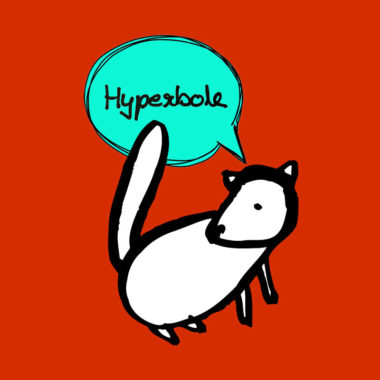Meet The Man Responsible For The Letter “J”
From its humble beginnings as a Roman numeral to its eventual tenth position in the English alphabet, J has had quite a linguistic journey. When was J added to the alphabet? J is a bit of a late bloomer; after all, it was the last letter added to the alphabet. It is no coincidence that I and J stand side by side—they actually started out as the same …







